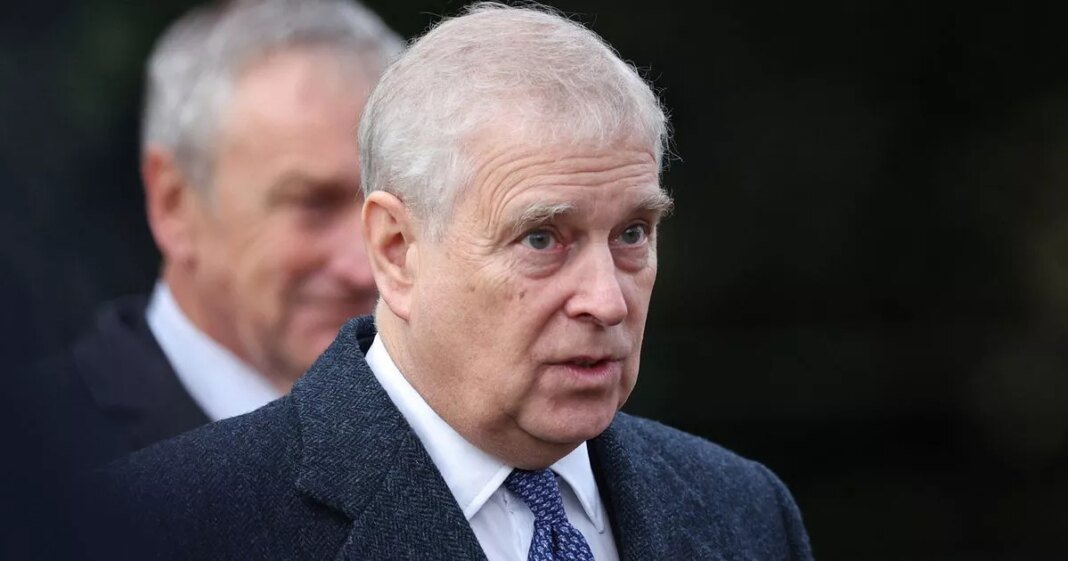In the realm of the Royal Family, Prince Andrew has been absent from official duties for nearly six years, mired in controversies including allegations of misconduct and financial irregularities. Despite vehemently denying accusations of sexual assault and inappropriate associations, Andrew’s reputation has been tarnished, prompting him to voluntarily relinquish his royal titles amidst mounting public scrutiny and the upcoming release of his accuser’s memoir.
Following a period of heightened attention on Andrew’s connections to convicted sex offender Jeffrey Epstein, including a contentious visit to New York in 2010 and a controversial photograph with Virginia Giuffre and Ghislaine Maxwell, the Duke of York faced severe backlash. Subsequently, he stepped back from his royal responsibilities after a contentious interview in 2019 and was later stripped of his royal privileges and faced legal proceedings as a private individual.
Despite settling a civil case with Giuffre out of court, Andrew’s actions have been met with skepticism and criticism. The recent decision to renounce his royal titles has been seen as a symbolic gesture, with mixed reactions from observers. While some view it as a necessary step given the circumstances, others, like Andrew’s biographer Andrew Lownie, believe it falls short of addressing the gravity of the situation.
In the wake of Giuffre’s tragic passing and her family’s acknowledgment of Andrew’s title relinquishment as a form of vindication, the broader societal issue of addressing sexual assault allegations and holding individuals accountable remains a pressing concern. With statistics highlighting the challenges victims face in seeking justice for such crimes, the public discourse around Andrew’s case underscores the complexities of navigating allegations of this nature in both legal and public domains.
As the court of public opinion continues to weigh in on Andrew’s actions and the broader implications for addressing sexual crimes, the significance of accountability and justice in such cases remains a focal point for ongoing societal dialogue and scrutiny.

